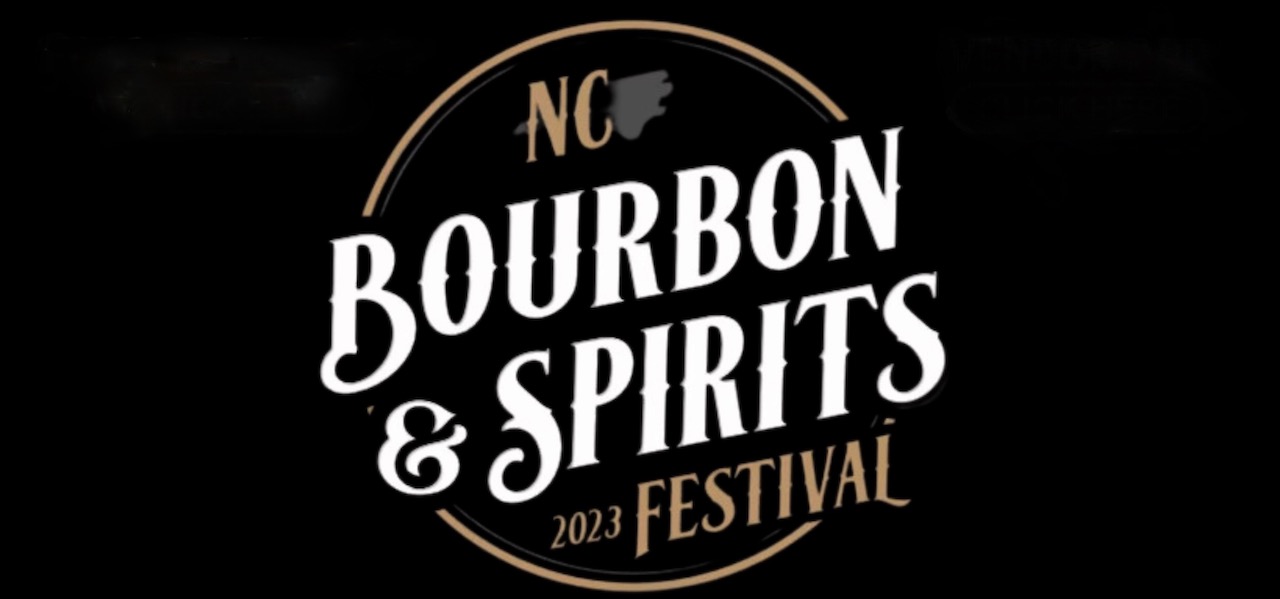North Carolina has a deep-rooted tradition of distillers — so deep that prior to Prohibition it was known as the spirit capital of the world.
“Not just the United States, but the world,” said Bruce Tyler, owner of Weldon Mills Distillery, which is sponsoring its first North Carolina Bourbon & Spirits Festival on September 30 as a way to honor that legacy.
“They were producing more liquor than anyone,” Tyler said this week. “It was the largest industry in North Carolina at the time and they were making bourbon long before Kentucky was ever a state.”
That’s why up to 20 distillers from North Carolina will be featured at the festival, which begins at 3 p.m. at Weldon Mills Theatre — the former Roanoke Rapids Theatre.
“We are only going to have North Carolina distillers as it’s designed specifically to highlight the North Carolina distilled spirits industry.”
Tyler said there are a few distilleries that have records of bourbon production early on in the 1800s long before Prohibition. “North Carolinians were making booze since the state was a colony. It is deeply rooted in North Carolina’s heritage.”
In fact, he said, “When Prohibition came into effect their goal was to cut the head off the snake which was North Carolina in hopes that the rest of the states would follow suit. North Carolina actually went into prohibition roughly 12 years before the rest of the states.”
At the time it was the largest industry in the state. “Everyone had somebody they knew or were related to that worked in the industry. One day the largest industry in the state is legal and then the next it’s not. Most of the folks were tied to the industry already and that’s what their livelihood was based off of.”
And despite Prohibition, production continued. “They had the knowledge, the expertise, the skills so they never stopped production. It just became illegal.”
One of the things the Distillers Association of North Carolina is highlighting is that the knowledge and skill-set that was in place when North Carolina was the liquor capital of the world has been passed down from generation to generation in the mountains, woods, farms on stills that weren’t legal. “The knowledge, that artisanship, that craft, those recipes, all of those things, were passed down from generation to generation,” Tyler said. “Now that the laws have been changed in North Carolina to make it favorable for distilleries to open up and for all of that skill, knowledge and recipes to have a place legally to produce, there’s a revival in the distilled spirits industry. The distiller’s association’s motto is ‘the spirit lives on.’”
Even at Weldon Mills there is a direct link to bygone days of distilling, Tyler said.
Mike Norman, the distillery’s master distiller, is from Franklin. “He grew up in the mountains making moonshine and racing dirt tracks. That generation, that skill-set, that knowledge and artisanship has been passed down to him where he honed his skills to where he is a phenomenal master distiller who has allowed Weldon Mills Distillery to compete on a national and international level and win awards that are nothing short of amazing,” Tyler said.
Since opening, Weldon Mills has won hundreds of awards. “I don’t know the counts right now, but for the last three years in one competition or another we have been distillery of the year or micro distillery of the year.”
The first year was micro distillery of the year in the largest whiskey competition in the world and best cask strength bourbon. It placed 19th in all whiskeys worldwide. “I would attribute that to nothing but Mike Norman being a master of his craft where he learned his craft as a moonshiner from those lessons passed down from generation to generation. He embodies the heritage of North Carolina distilled spirit production.”
The following year Weldon Mills won distillery of the year, spirit of the year and best bourbon of the year in San Diego — one of the older spirit competitions.
And this year the local distillery won distiller of the year. “It’s not a one-off thing,” Tyler said. “Best bourbon multiple times, we’ve won spirit of the year multiple times. Even the products that he and the distillery crew make that aren’t bourbon have made the top four.”
Norman, Tyler said, is now training a young generation. “He’s passing those lessons to a younger generation at our distillery and training them his way that was passed down to him.” The crew, Tyler said, “They’re doing a phenomenal job. It goes right in line with North Carolina’s lineage and how we went from the spirit capital of the world, into Prohibition and how now we’re finally getting out of Prohibition on the distillery side of things.”
Laws didn’t change to make it viable for distillers until about five years ago, Tyler said. “About four distilleries prior to that were producing but were selling elsewhere. After about five years ago when the laws started changing we now have 104 distilleries in North Carolina. So basically, we went from four to 104.”









